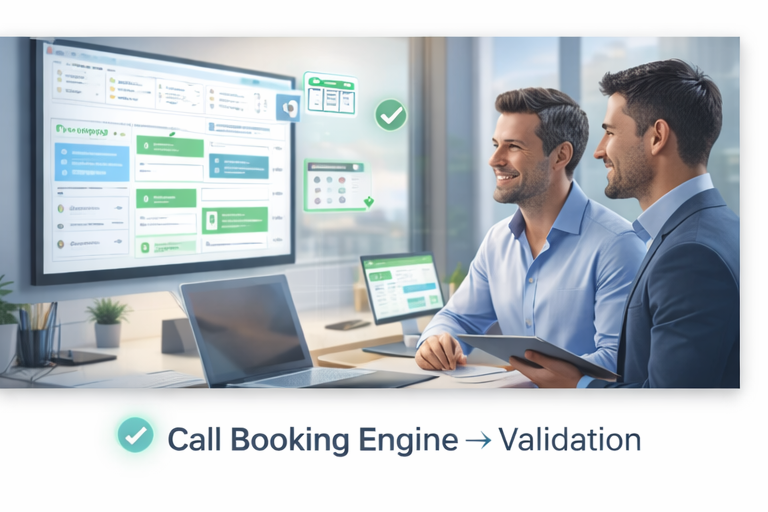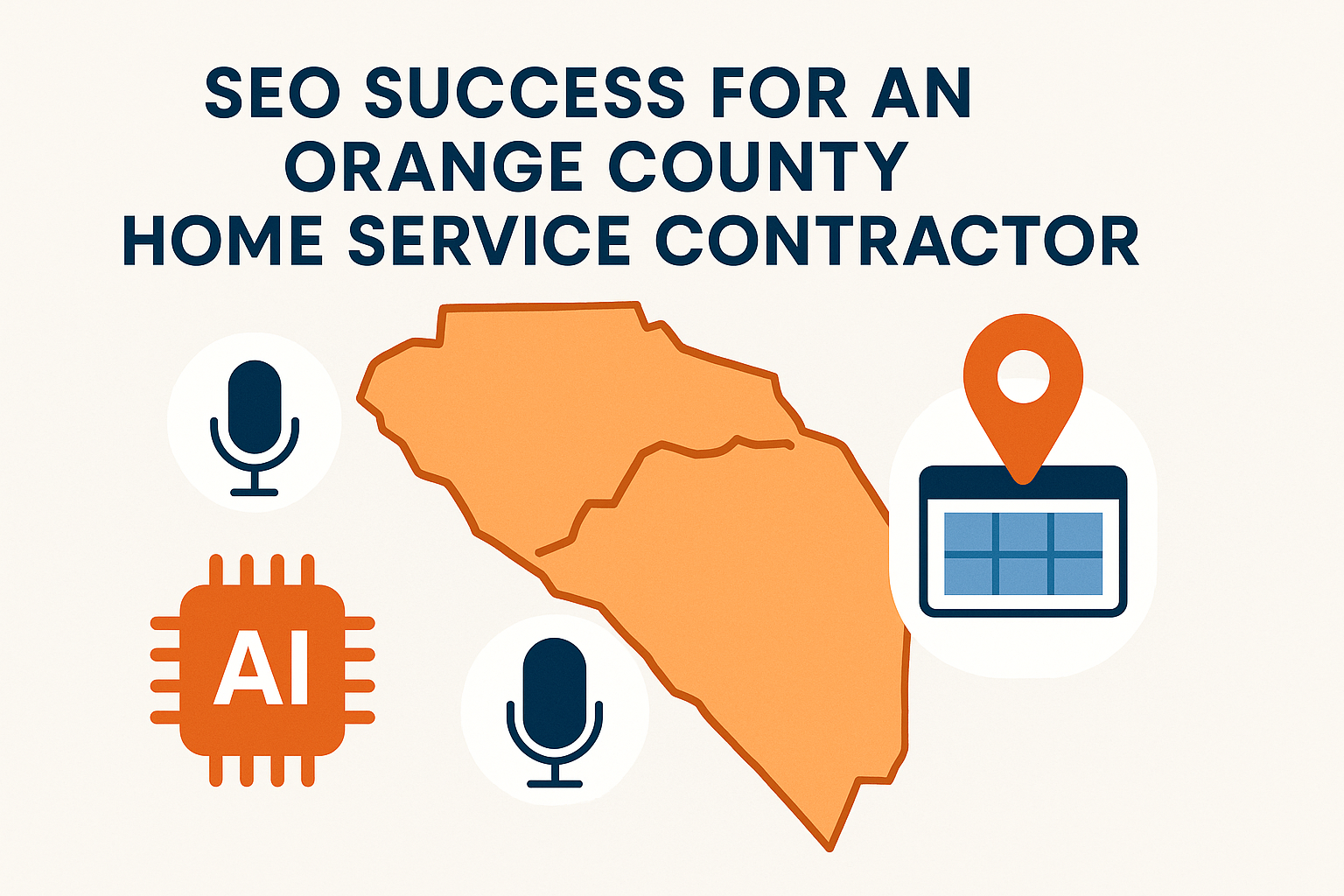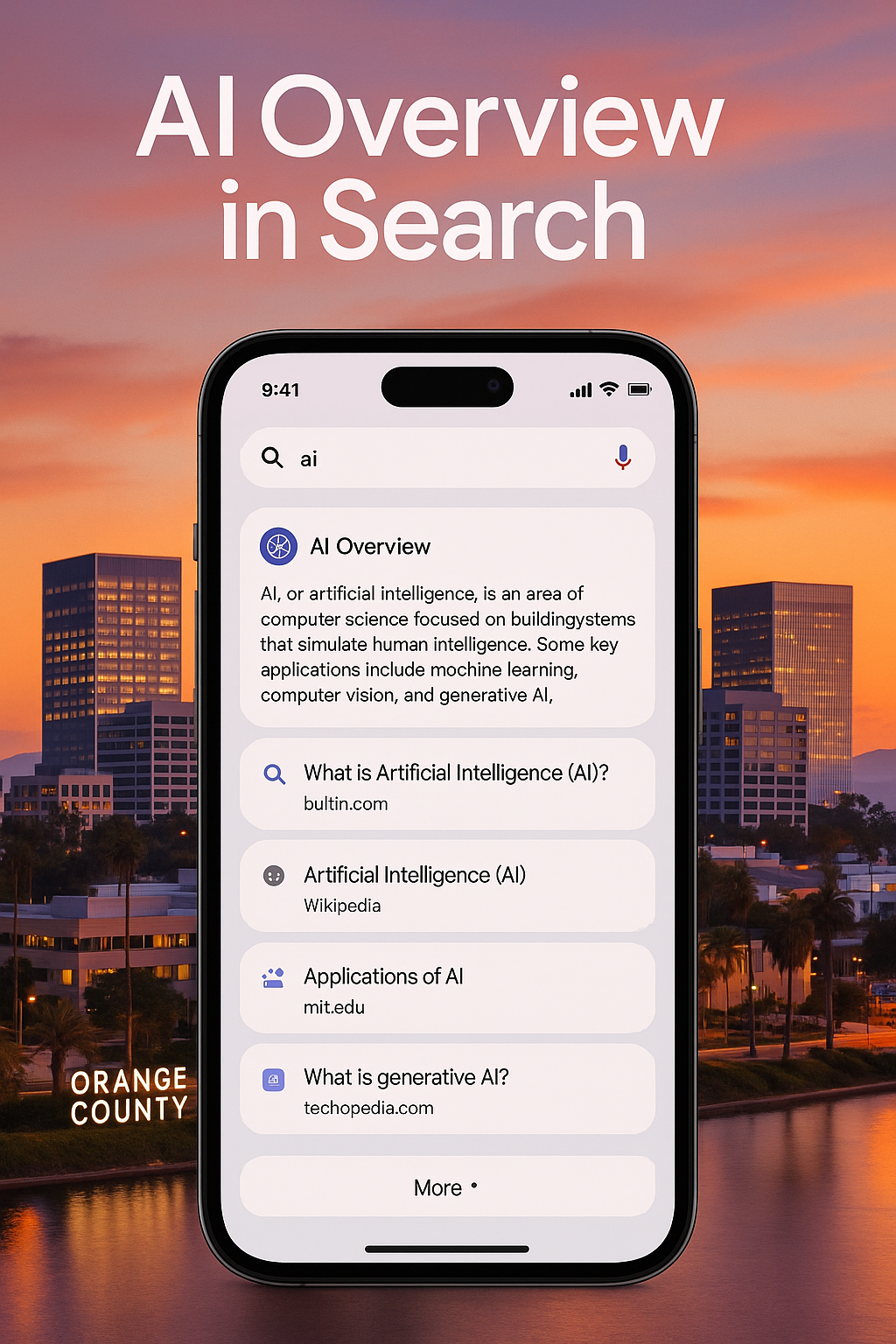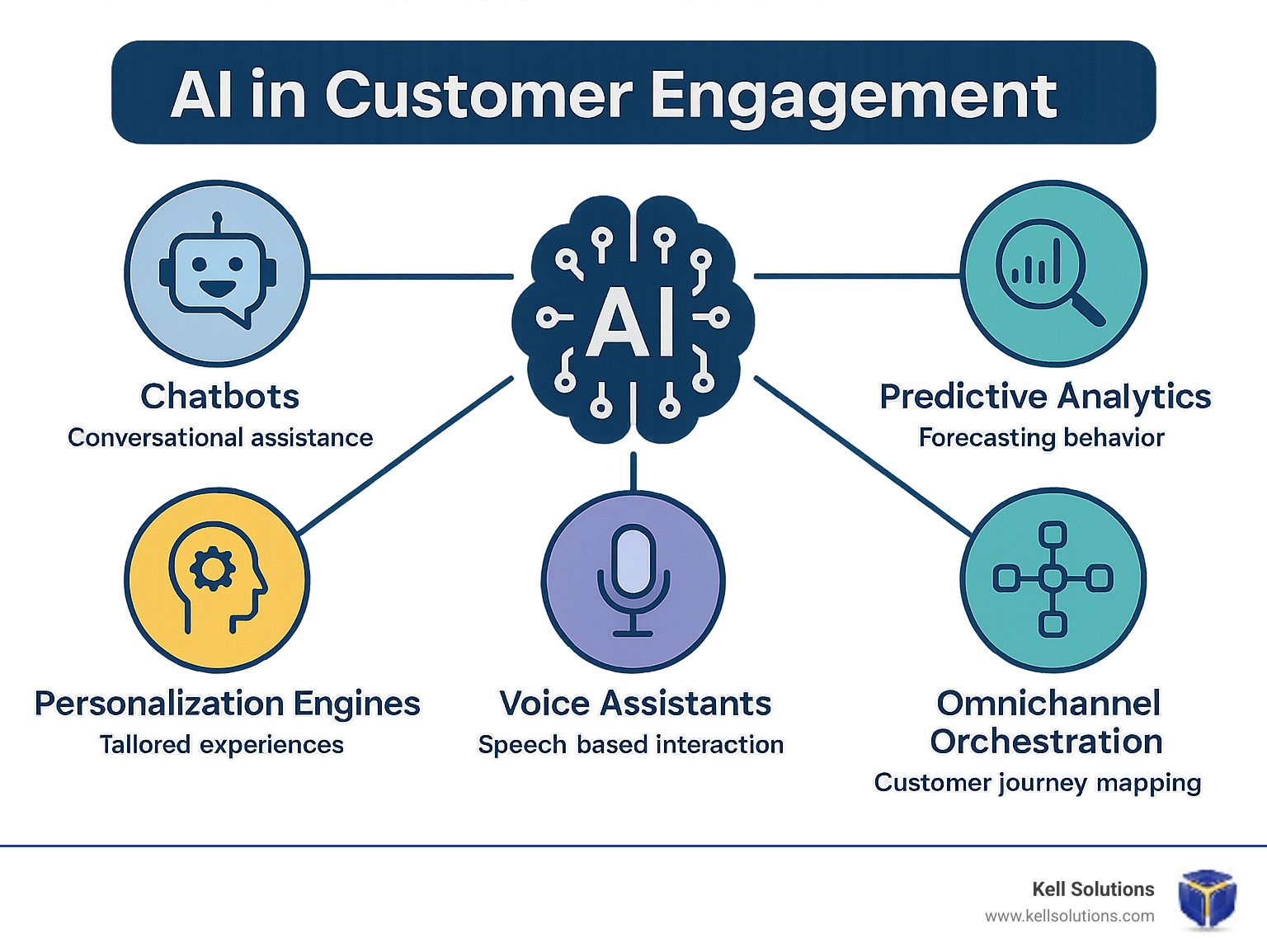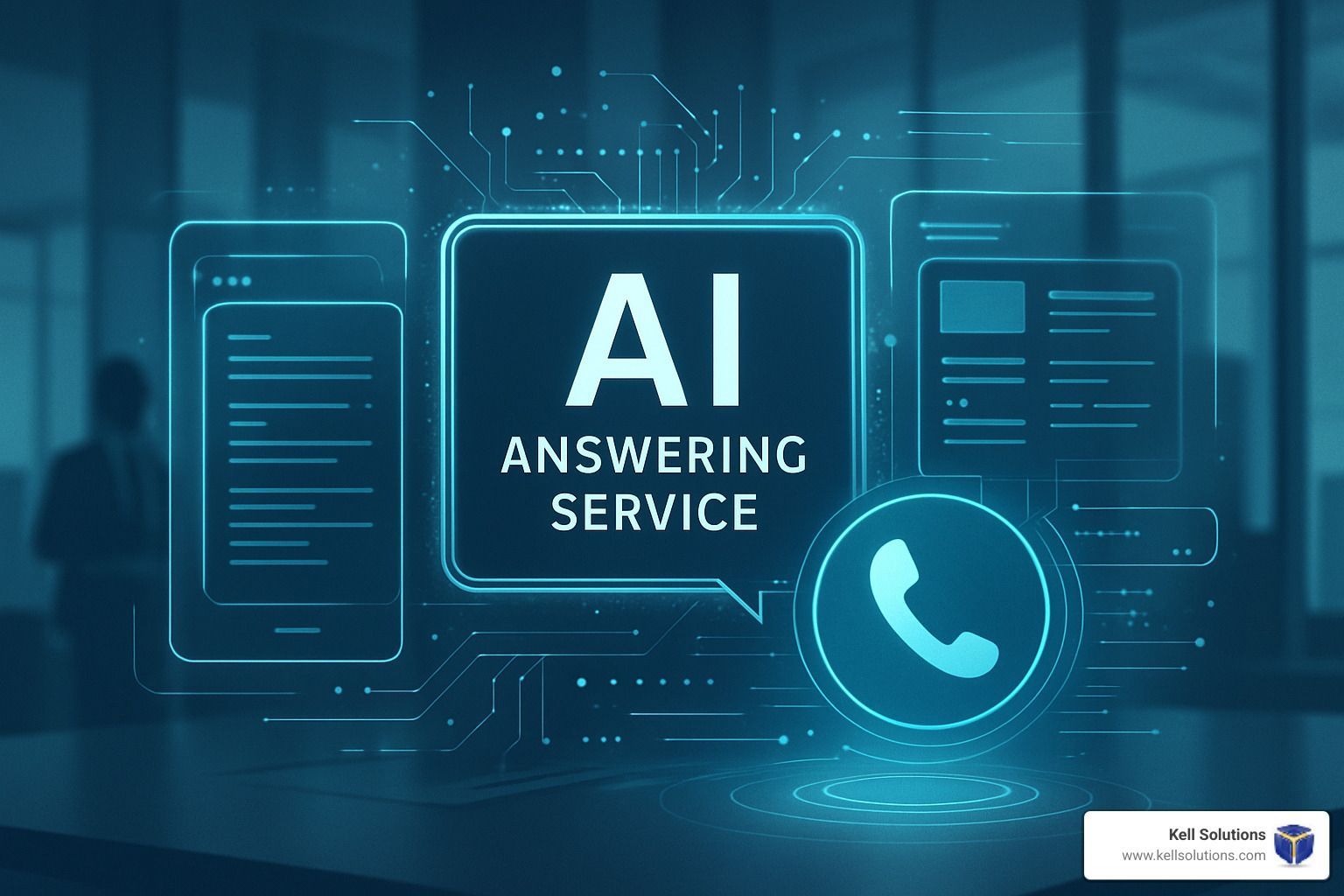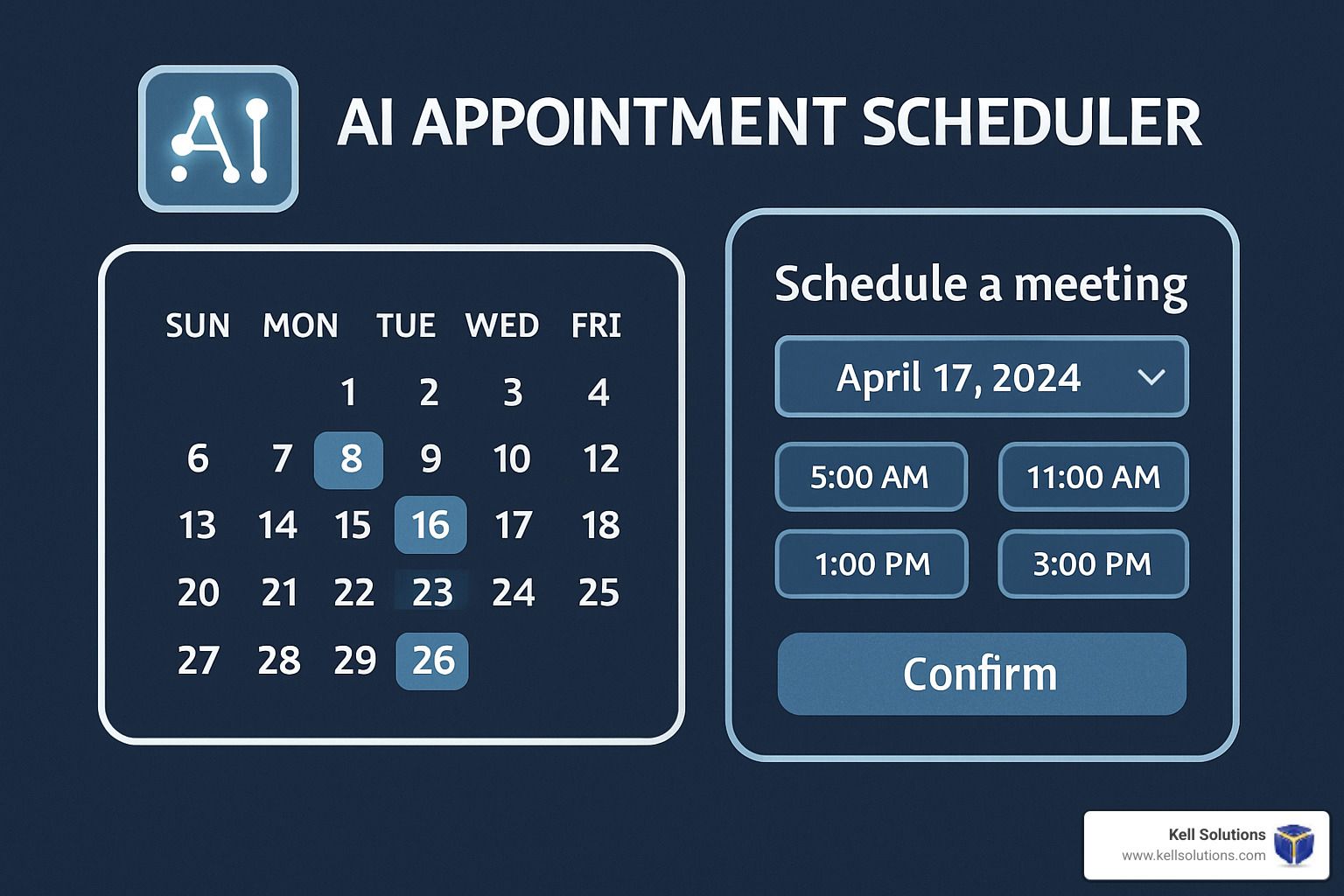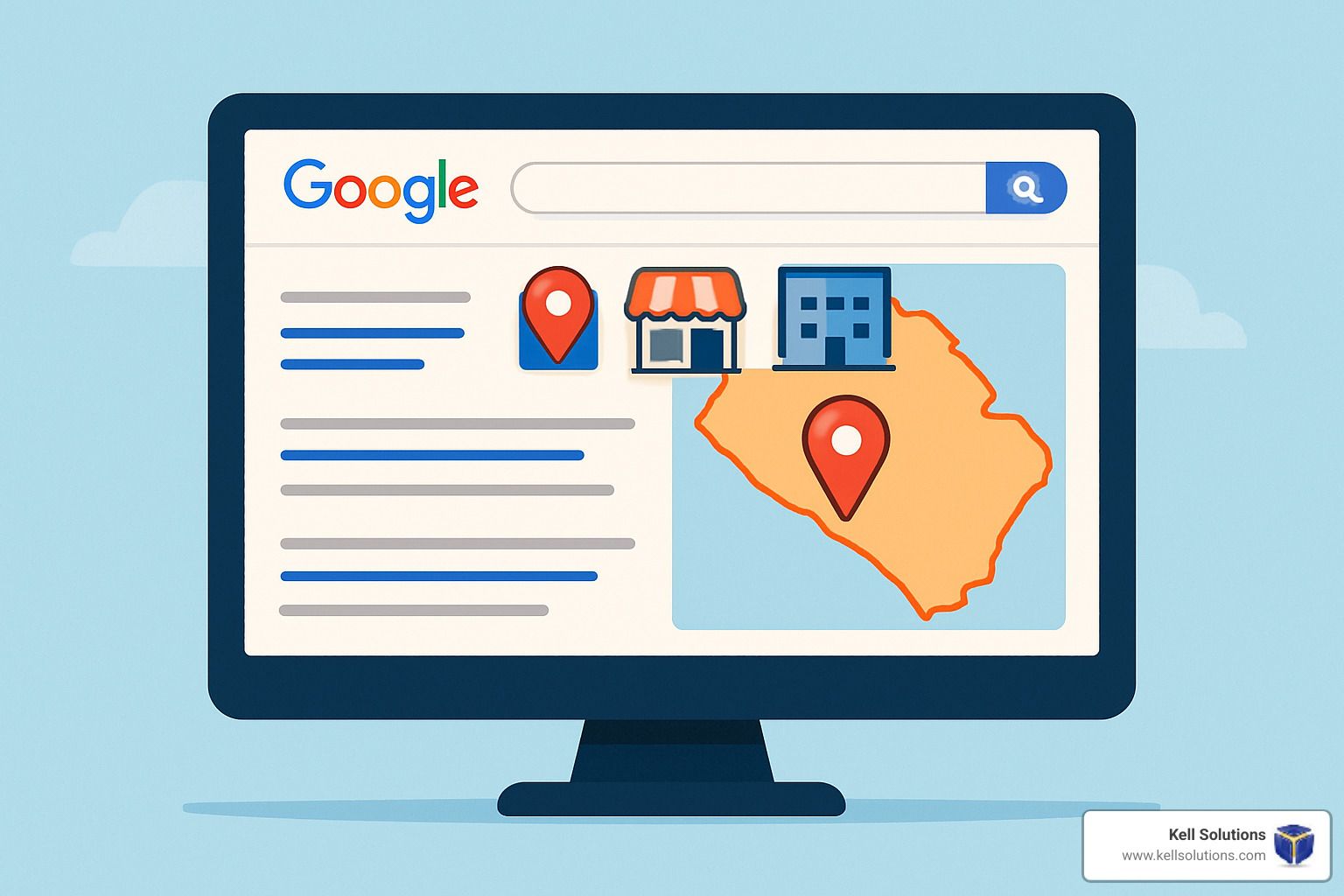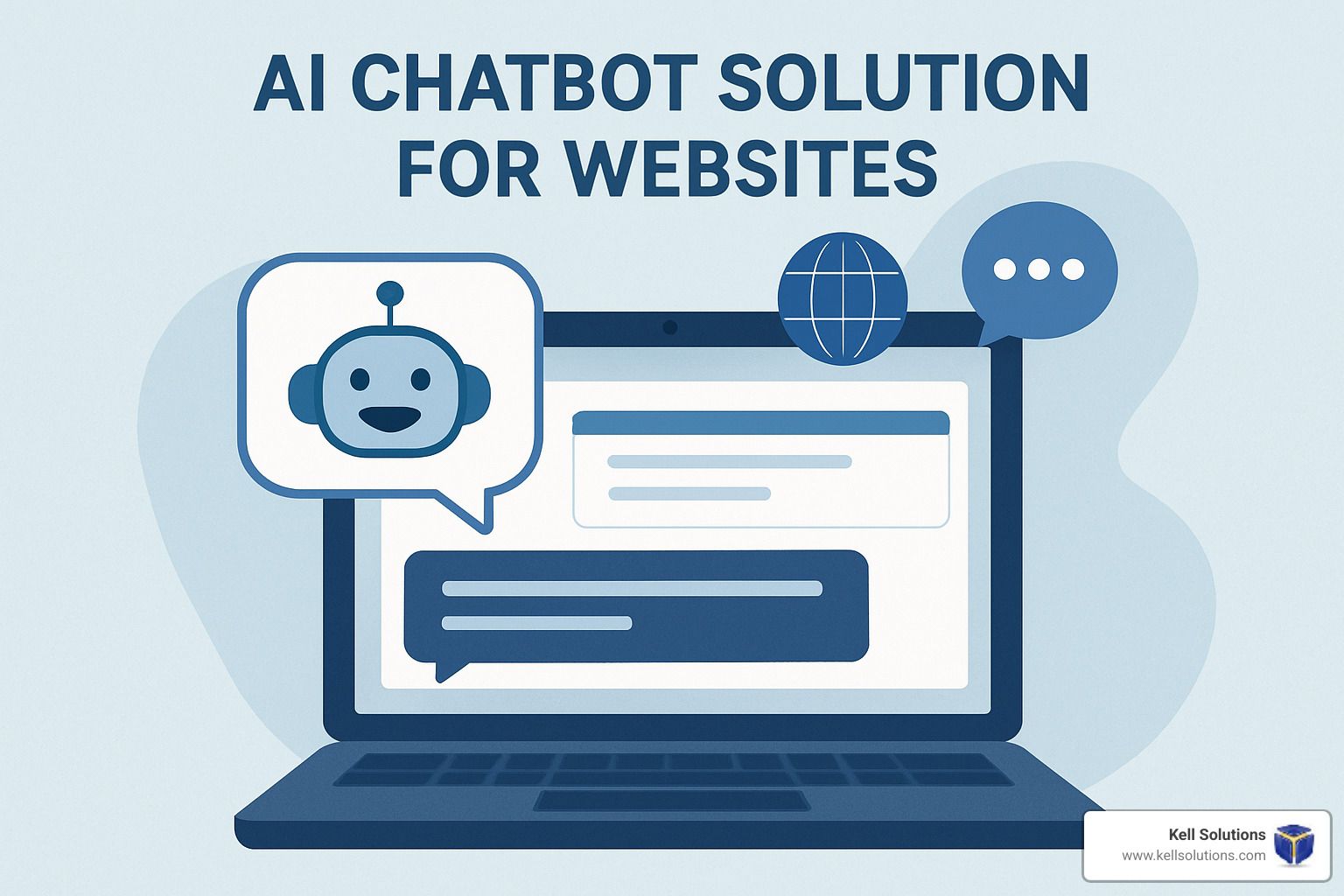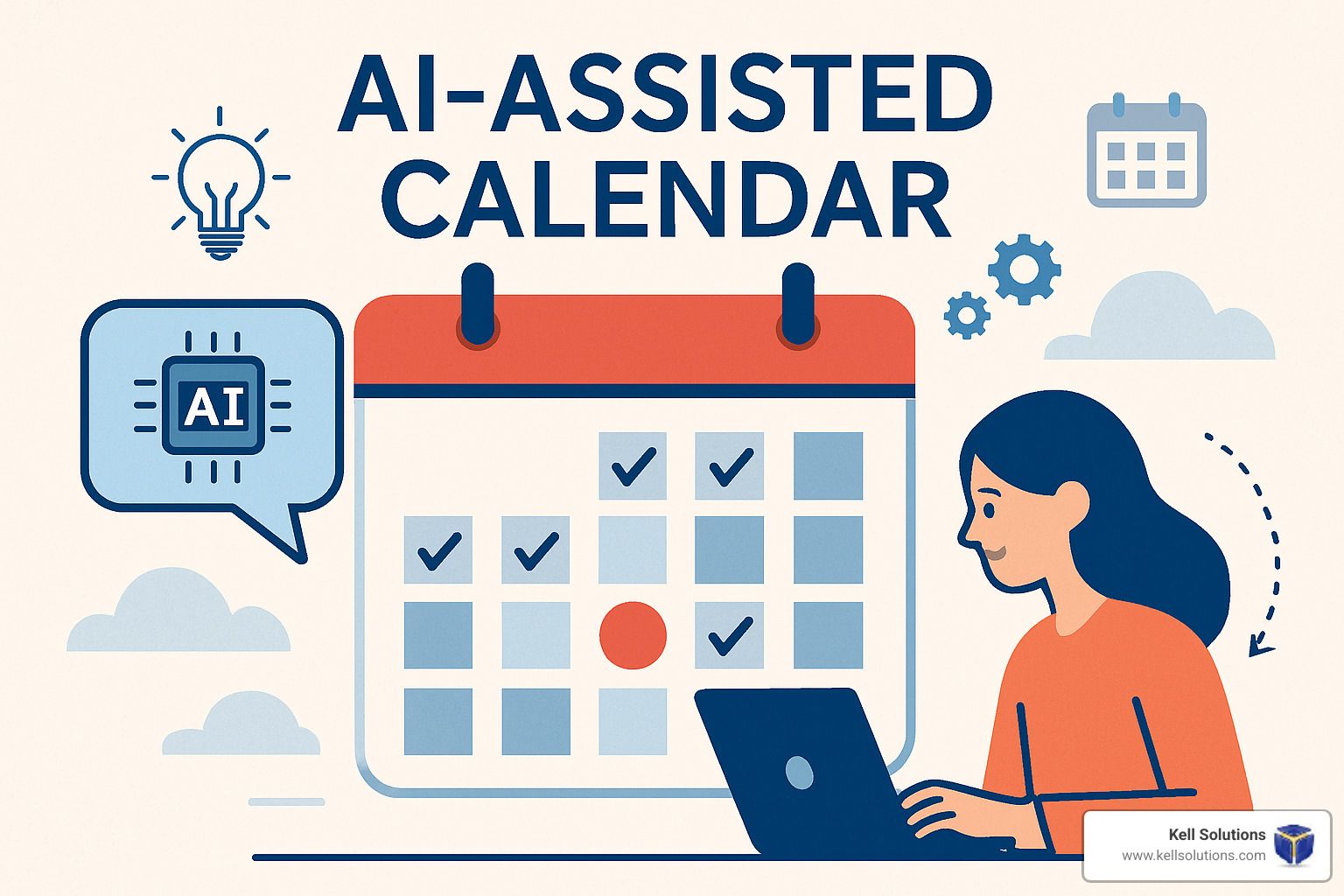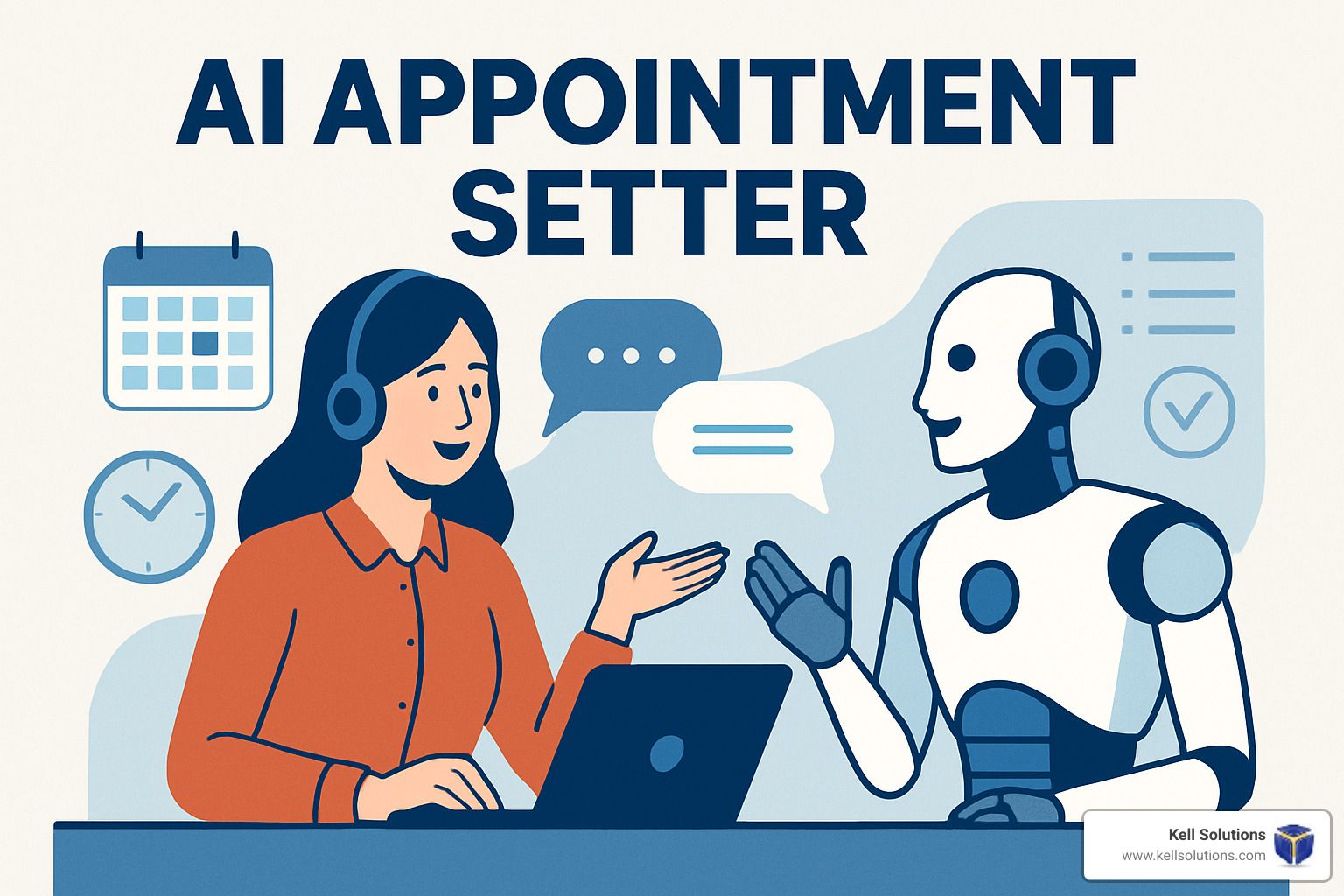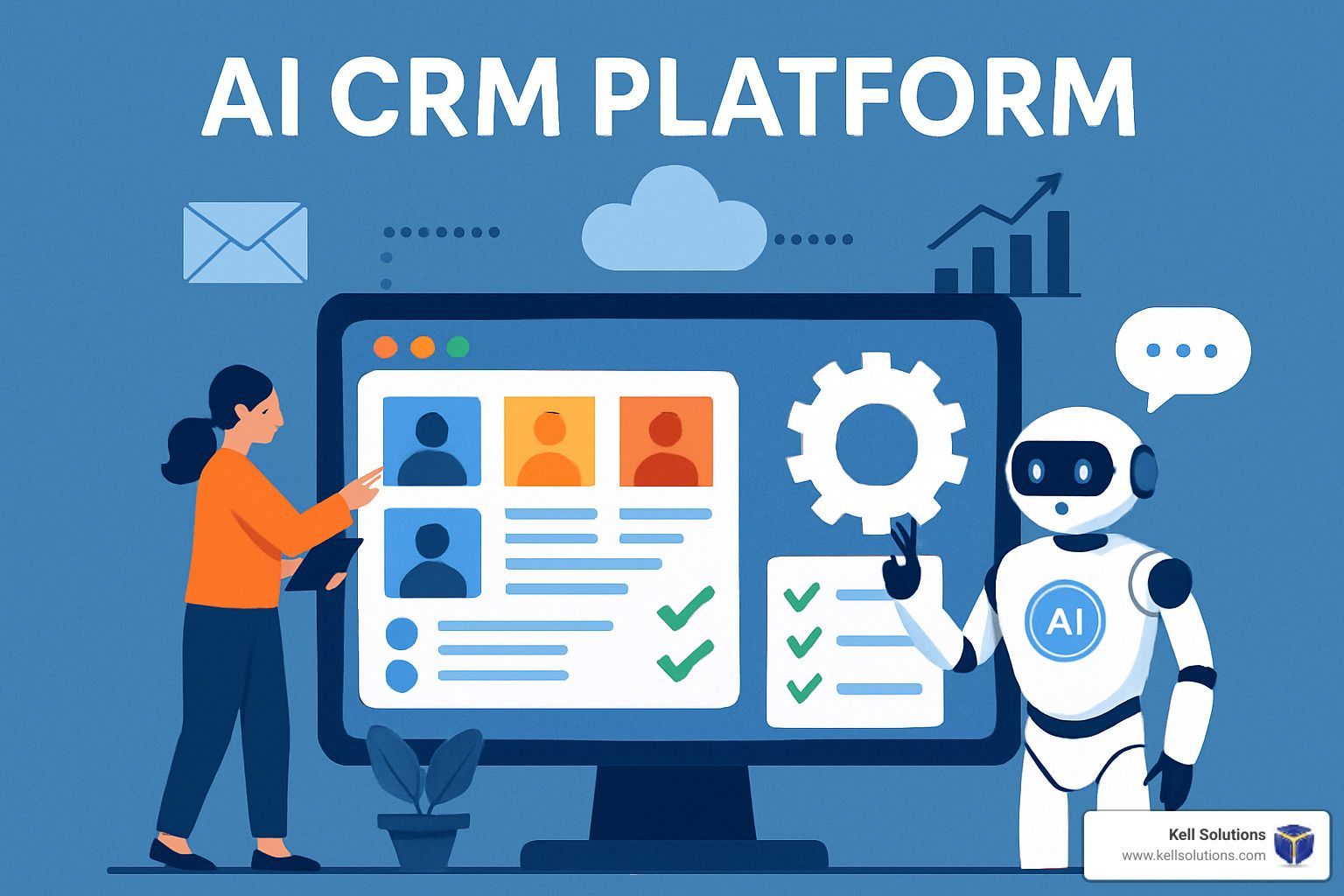Top AI Virtual Assistant Benefits for Small Business Success
Boosting Efficiency and Customer Satisfaction

In the fast-paced world of small business, time and efficiency are everything. Imagine having a helper who never sleeps, tirelessly working to keep your business running smoothly while you focus on growth. That's where AI virtual assistants come in. These digital tools are transforming how businesses operate, offering a range of features designed to streamline communication and boost efficiency.
Key Takeaways
- AI virtual assistants provide 24/7 customer service, ensuring no opportunity is missed.
- Implementing AI virtual assistants can save businesses between $20,000 to $40,000 annually in operational costs.
- They help automate routine tasks, freeing up 30% of your time for strategic activities.
- AI virtual assistants enhance customer engagement by personalizing interactions and improving satisfaction.
- Choosing the right AI assistant involves evaluating features, compatibility, and understanding pricing models.
Why AI Virtual Assistants are Essential for Small Businesses
AI virtual assistants have become indispensable for small businesses looking to stay competitive. By handling repetitive tasks, these assistants allow business owners to focus on what truly matters—growing their business. But why exactly are they essential?
Firstly, AI virtual assistants provide instant access to 24/7 customer service. Unlike human staff, they don't require breaks or time off, ensuring that your business is always open for customers. This constant availability is crucial in today's fast-paced market, where customers expect immediate responses.
Instant Access to 24/7 Customer Service
Imagine a customer visiting your website at midnight, looking for answers. With an AI virtual assistant, that customer receives immediate assistance. This not only improves customer satisfaction but also increases the chances of converting inquiries into sales. The constant availability of AI assistants means your business never misses a beat, no matter the time of day.
Cost-Efficiency and Resource Management
Running a small business involves juggling multiple roles and responsibilities. AI virtual assistants help streamline operations by taking over routine tasks such as scheduling appointments, managing emails, and handling customer inquiries. This automation not only saves time but also reduces the need for additional staff, resulting in significant cost savings.
Boosting Efficiency and Productivity
By automating routine tasks, AI virtual assistants free up valuable time for business owners and employees. This newfound time can be redirected towards strategic activities that drive growth, such as developing new products or expanding into new markets. Most importantly, the increased efficiency translates into higher productivity and profitability for your business.
Major Benefits of Using AI Virtual Assistants
"A consulting firm reduced missed calls by 90% after implementing an AI assistant." - Real-life example
AI virtual assistants offer numerous benefits that go beyond just answering customer queries. They play a pivotal role in enhancing customer engagement and satisfaction, providing valuable insights into customer behavior, and helping businesses make informed decisions.
One of the major benefits of AI virtual assistants is their ability to automate routine tasks. Whether it's scheduling appointments, sending reminders, or managing social media posts, these tasks are essential yet time-consuming. By automating them, AI assistants free up time for more strategic activities.
Automating Routine Tasks
Routine tasks often take up a significant portion of the workday, leaving little time for strategic planning and decision-making. AI virtual assistants excel at handling these tasks, from organizing calendars to sending out routine emails. By automating these processes, businesses can increase their efficiency and focus on growth-oriented activities.
Evaluating Features and Compatibility
Choosing the right AI virtual assistant for your business begins with evaluating its features and compatibility with your existing systems. Not all virtual assistants are created equal, and it's crucial to select one that aligns with your business needs. Look for features like natural language processing, voice recognition, and integration capabilities with tools you already use, such as CRM systems or email platforms.
Compatibility is equally important. The AI assistant should seamlessly integrate with your existing systems without requiring extensive modifications. This ensures a smooth transition and minimizes disruptions to your operations. Always test the assistant's compatibility before making a final decision, and don't hesitate to seek demos or trial periods to assess its functionality in real-world scenarios.
Considering Scalability and Customization
As your business grows, so will your needs. Therefore, scalability is a critical factor when choosing an AI virtual assistant. Ensure the solution can grow with your business, accommodating an increasing number of users and handling more complex tasks over time. A scalable assistant can adapt to changes in your business environment, providing consistent support as you expand.
Customization is another key consideration. Your business is unique, and the virtual assistant should be tailored to meet your specific requirements. Look for solutions that allow you to customize workflows, responses, and integrations. This level of customization ensures that the assistant aligns with your business processes and enhances overall efficiency.
Understanding Pricing Models
Understanding the pricing models of AI virtual assistants is essential to make an informed decision. Most solutions offer tiered pricing based on features, user numbers, or usage levels. It's important to evaluate the cost against the benefits and ensure it fits within your budget. Some providers offer subscription-based models, while others may charge based on usage or specific features.
Practical Tips for Implementing AI Virtual Assistants
Implementing an AI virtual assistant in your business requires careful planning and execution. By following a few practical tips, you can ensure a smooth transition and maximize the benefits of this powerful tool.
Training Your Team Effectively
Effective training is crucial for a successful implementation. Your team needs to understand how to interact with the AI assistant and leverage its features. Provide comprehensive training sessions that cover the assistant's capabilities, workflows, and best practices. Encourage your team to ask questions and provide feedback to refine the implementation process.
Integrating with Existing Systems
Integration with existing systems is vital for a seamless operation. Ensure the AI virtual assistant is compatible with your current tools and platforms. Work closely with your IT team or solution provider to set up integrations and test them thoroughly. This will help avoid any disruptions and ensure that the assistant enhances your existing processes.
Measuring Performance and ROI
Once the AI virtual assistant is up and running, it's important to measure its performance and return on investment (ROI). Track key metrics such as response times, customer satisfaction, and task completion rates. Analyzing these metrics will help you assess the assistant's effectiveness and identify areas for improvement. Regularly review the data and make necessary adjustments to optimize performance.
Real-Life Success Stories of AI Virtual Assistants in Small Businesses
AI virtual assistants have transformed numerous small businesses, enhancing efficiency and customer satisfaction. Let's explore a few real-life success stories to illustrate their impact.
Case Study: Business X Increases Customer Engagement
Business X, a small e-commerce company, implemented an AI virtual assistant to handle customer inquiries and support requests. The assistant provided instant responses to common questions and guided customers through the purchasing process. As a result, customer engagement increased by 40%, and the company saw a significant boost in sales.
Moreover, the AI assistant gathered valuable data on customer preferences and behavior, allowing Business X to tailor their marketing strategies effectively. This personalized approach not only improved customer satisfaction but also fostered long-term loyalty.
Case Study: Business Y Reduces Operational Costs
Business Y, a local service provider, faced challenges in managing appointment scheduling and customer communication. By implementing an AI virtual assistant, they automated these processes, freeing up valuable time for their staff. This automation reduced operational costs by 30%, allowing the business to allocate resources more efficiently.
The AI assistant also provided insights into peak appointment times and customer preferences, enabling Business Y to optimize their service offerings. With improved efficiency and reduced costs, the business was able to expand its services and increase its market reach.
These success stories demonstrate the transformative power of AI virtual assistants in small businesses. By leveraging this technology, companies can enhance customer engagement, reduce costs, and drive growth.
Future Trends in AI Virtual Assistants for Small Businesses
As AI technology continues to evolve, the future of virtual assistants looks promising for small businesses. With advancements in machine learning and data analytics, AI assistants are becoming more sophisticated, offering even greater benefits.
One major trend is the integration of AI with Internet of Things (IoT) devices. This enables virtual assistants to manage not just digital tasks but also physical operations, such as controlling smart devices in an office. The synergy between AI and IoT promises to further streamline business operations, making them more efficient and interconnected.
Advancements in Natural Language Processing
Natural Language Processing (NLP) is a crucial component of AI virtual assistants, allowing them to understand and respond to human language effectively. Recent advancements in NLP have made it possible for AI assistants to comprehend context, sentiment, and intent more accurately. This means that interactions with AI will become more intuitive and human-like, enhancing the user experience.
Potential for Personalized Customer Interactions
Personalization is key to building strong customer relationships, and AI virtual assistants are at the forefront of this trend. By analyzing customer data and preferences, AI can tailor interactions to individual needs, providing a more personalized experience. This not only improves customer satisfaction but also increases loyalty and retention.
For example, an AI assistant could recommend products based on a customer's previous purchases or browsing history, making the shopping experience more relevant and enjoyable. This level of personalization is set to become a standard feature in AI virtual assistants, offering businesses a competitive edge.
Frequently Asked Questions (FAQ)
Implementing AI virtual assistants can be a game-changer for small businesses, but it's natural to have questions about this technology. Here are some common queries and their answers.
What is the cost of implementing an AI virtual assistant?
The cost of implementing an AI virtual assistant varies depending on the features and complexity of the solution. Basic AI assistants can start at around $500, while more advanced systems with custom integrations can range from $2,000 to $10,000 or more. It's important to consider the long-term savings and efficiency gains when evaluating the cost.
Many providers offer flexible pricing models, such as monthly subscriptions or pay-as-you-go plans, allowing businesses to choose an option that fits their budget. Be sure to compare different solutions and their costs to find the best fit for your business needs.
How do AI virtual assistants handle customer data securely?
Data security is a top priority for AI virtual assistant providers. Most solutions use encryption and secure protocols to protect customer data during transmission and storage. Additionally, many AI assistants comply with industry standards and regulations, such as GDPR and CCPA, to ensure data privacy.
"Ensure the assistant you choose complies with relevant data privacy regulations and offers robust security measures to protect your business and customer data." - Industry Expert
Before implementing an AI assistant, it's essential to review the provider's security policies and practices. Look for features like data anonymization, access controls, and regular security audits to ensure your data is safe. For more information on AI-powered virtual assistants, check out this AI-powered virtual assistant guide.
What are the limitations of AI virtual assistants?
While AI virtual assistants offer numerous benefits, they do have some limitations:
- Understanding complex or ambiguous queries can be challenging.
- They may require regular updates and maintenance to remain effective.
- Integration with certain legacy systems may be difficult.
- Initial setup and training can be time-consuming.
It's important to be aware of these limitations and work with your provider to address any challenges. Regularly updating and fine-tuning your AI assistant can help overcome many of these obstacles.
How do I know if my business needs an AI virtual assistant?
Determining whether your business needs an AI virtual assistant depends on your specific goals and challenges. If you're struggling with managing customer inquiries, handling repetitive tasks, or looking to improve efficiency, an AI assistant could be a valuable addition.
Consider conducting a needs assessment to identify areas where an AI assistant could make the most impact. This assessment can help you prioritize features and select the right solution for your business.
"Before you start comparing AI virtual assistants, take some time to map out your business requirements." - Implementation Guide
Can AI virtual assistants integrate with my current CRM system?
Most modern AI virtual assistants are designed to integrate seamlessly with existing CRM systems and other business tools. This integration allows for a smooth flow of data and enhances the assistant's ability to provide personalized customer interactions.
Before choosing an AI assistant, verify its compatibility with your current CRM system. Many providers offer integration support and can assist with the setup process to ensure everything works seamlessly.
📚 About the Author
Gregg Kell is a seasoned digital marketing strategist and founder of Kell Web Solutions, Inc., helping professional service firms grow through innovative AI-powered solutions like VoiceGenie AI. With over 20 years of experience in web development, lead generation, and business automation, Gregg is passionate about helping small businesses maximize growth and profitability through cutting-edge technologies.
When he’s not helping businesses boost their bottom line, Gregg enjoys life by the beach in Laguna Beach, California, with his wife Debbie, celebrating over 40 years of marriage and entrepreneurial adventures.
👉 Explore More from Gregg:
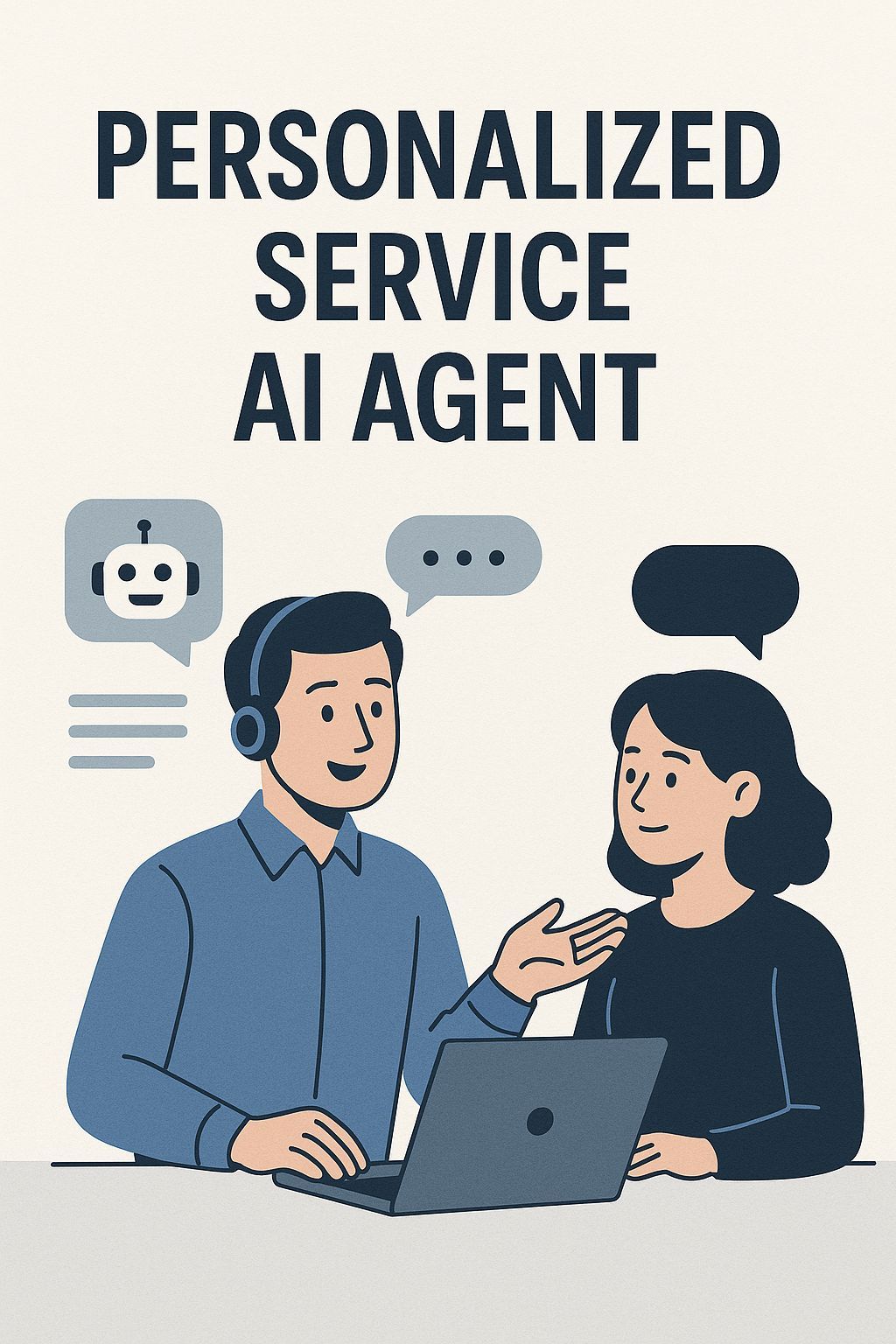

Orange County HVAC Google AI Overview Domination: 7 Proven Strategies to Capture Featured AI Results




